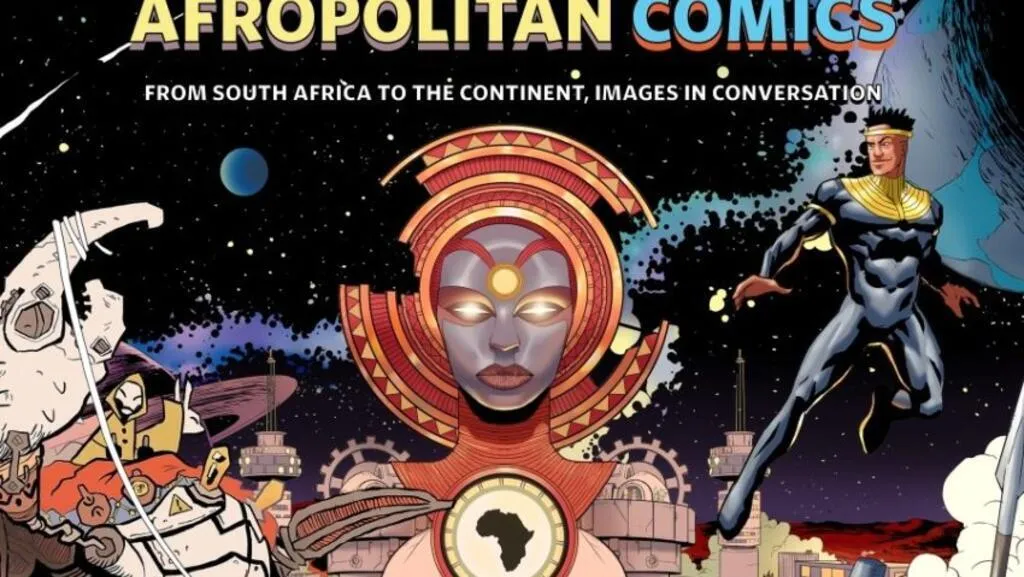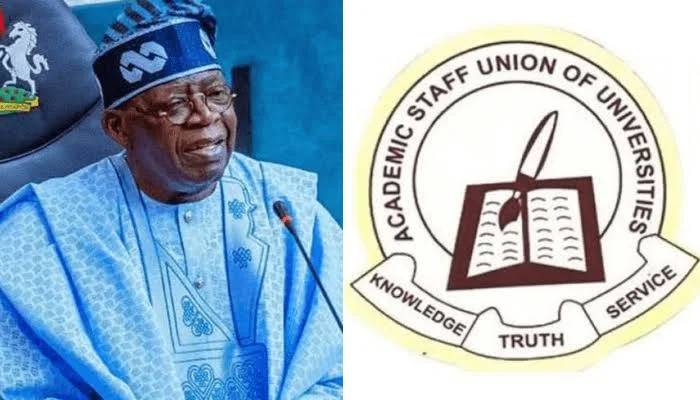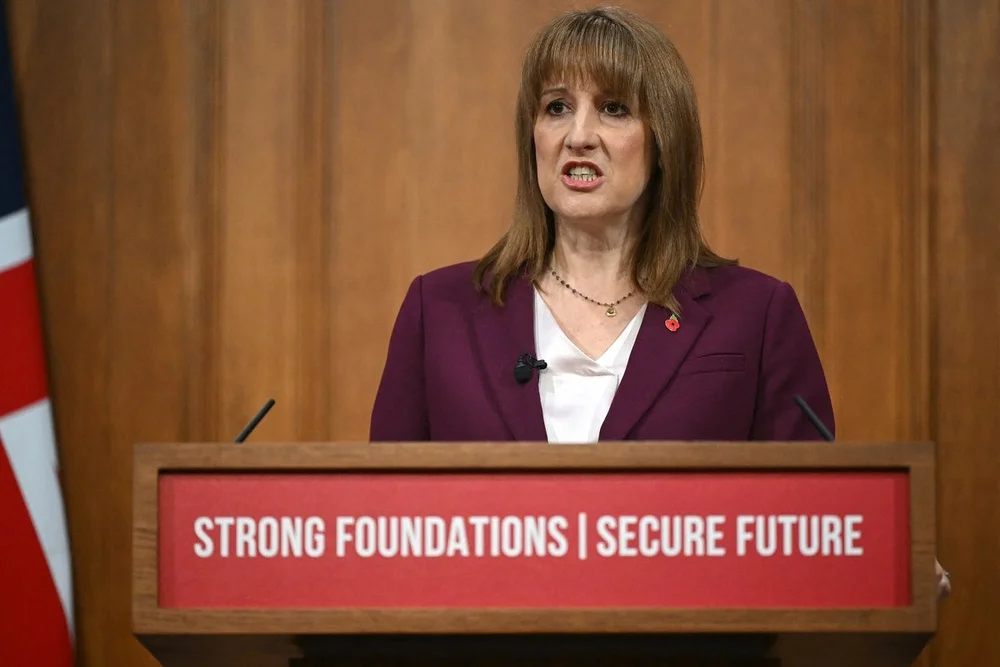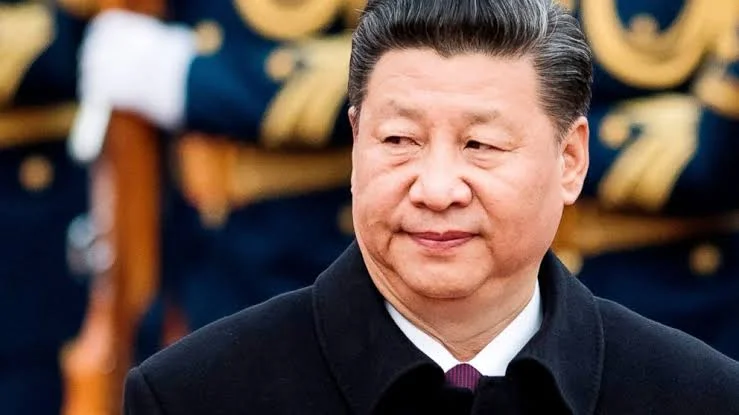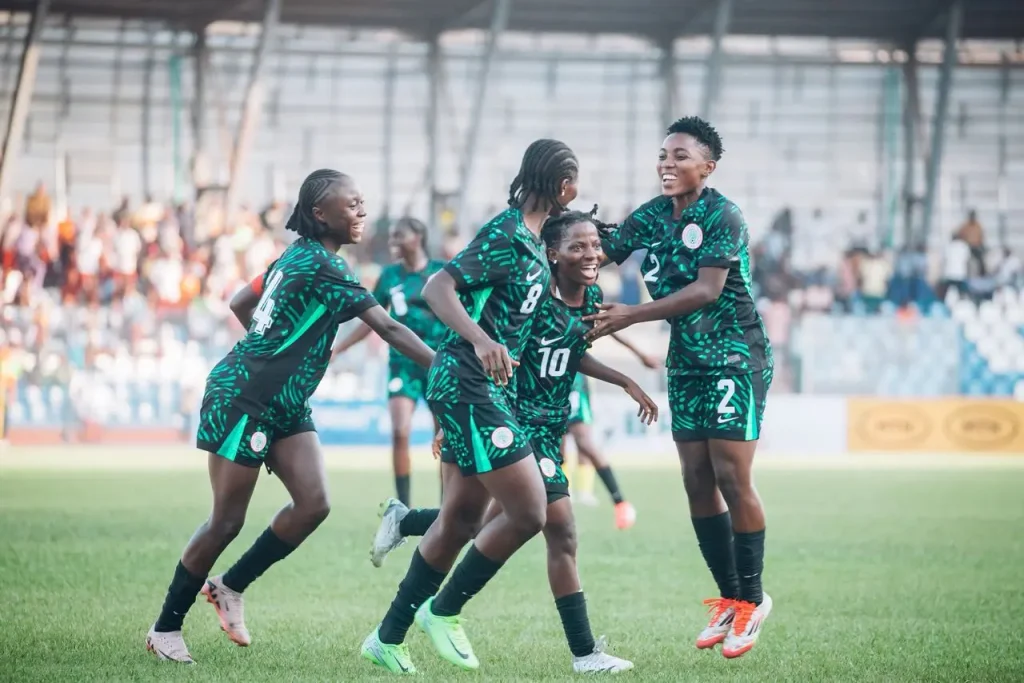On August 4, 2020, the Afropolitan Comics exhibition, part of the Africa 2020 project, debuted online, featuring 16 comic artists from South Africa, Nigeria, Zimbabwe, Cameroon, Senegal, Côte d’Ivoire, and Algeria, per Institut Français records. Curator Joëlle Epée Mandengue, based in Brazzaville, emphasized breaking stereotypes, stating, “We aim to show the modernity and diversity of African comics, beyond biographies or political satire.”
Pan-African Collaboration
The free digital exhibition, accessible until July 2021, marks the first African comics showcase designed exclusively for an online platform, per UNESCO cultural initiatives. It follows 2019’s Art of Comics exhibition in Johannesburg, organized by the French Institute of South Africa (IFAS). Partnering with Angoulême’s Cité Internationale de la bande dessinée et de l’image, Afropolitan Comics bridges Anglophone and Francophone artists, fostering a “conversation” through shared themes, per Institut Français.
Thematic Structure
Curators divided the exhibition into three themes: Autobiography, Heroes and History, and Folklore and the Future. The website pairs South African artists with counterparts from other African nations, reflecting a “mirror effect” in their work, per UN cultural reports. For instance, South African Luke Molver’s depiction of Shaka Zulu complements Ivorian Koffi Roger N’guessan’s narrative, despite their linguistic differences. “Comics overcome language barriers,” Epée Mandengue noted.
Highlighting African Talent
Notable artists include Nigeria’s Tayo Fatunla, whose book Our Roots earned a U.S. Pioneer Lifetime Achievement Award, and South African brothers Daniel and James Clarke, creators of Kariba, per African Union cultural programs. The 16 artists, eight from South Africa and eight from six other nations, share stylistic and thematic similarities, creating interconnected narratives. Epée Mandengue, organizer of the Bilili International Comics Festival, curated the selection to highlight these connections.
Challenges for African Comics
Despite its vibrancy, African comic art struggles for recognition, with few artists earning a living, per UNCTAD creative economy reports. “Our society often overlooks graphic artists as creative forces,” Epée Mandengue said. The digital format, necessitated by COVID-19 restrictions, aligns with regional challenges like Gambia’s lockdown measures, per a previous artifact, and mirrors innovative solutions like Kenya’s telehealth initiatives.
Regional and Global Context
Afropolitan Comics builds on Africa’s creative resilience, echoing efforts like Mali’s Bandiagara restoration, per a previous artifact, to preserve cultural heritage. South Africa’s comic industry, valued at $10 million in 2020, per AU data, gains visibility through such platforms. The exhibition’s partnership with Comic Con Africa’s online event in September 2020 aims to elevate comics as a legitimate art form, per Institut Français plans.
Future Prospects
IFAS plans a third chapter in 2021, building on Afropolitan Comics’ success, per UN cultural initiatives. With 70% of Africa’s 1.3 billion population under 30, per World Bank, comics offer a medium for youth expression, fostering unity across linguistic divides. The exhibition’s digital reach empowers artists to challenge stereotypes and amplify Africa’s creative voice globally.


